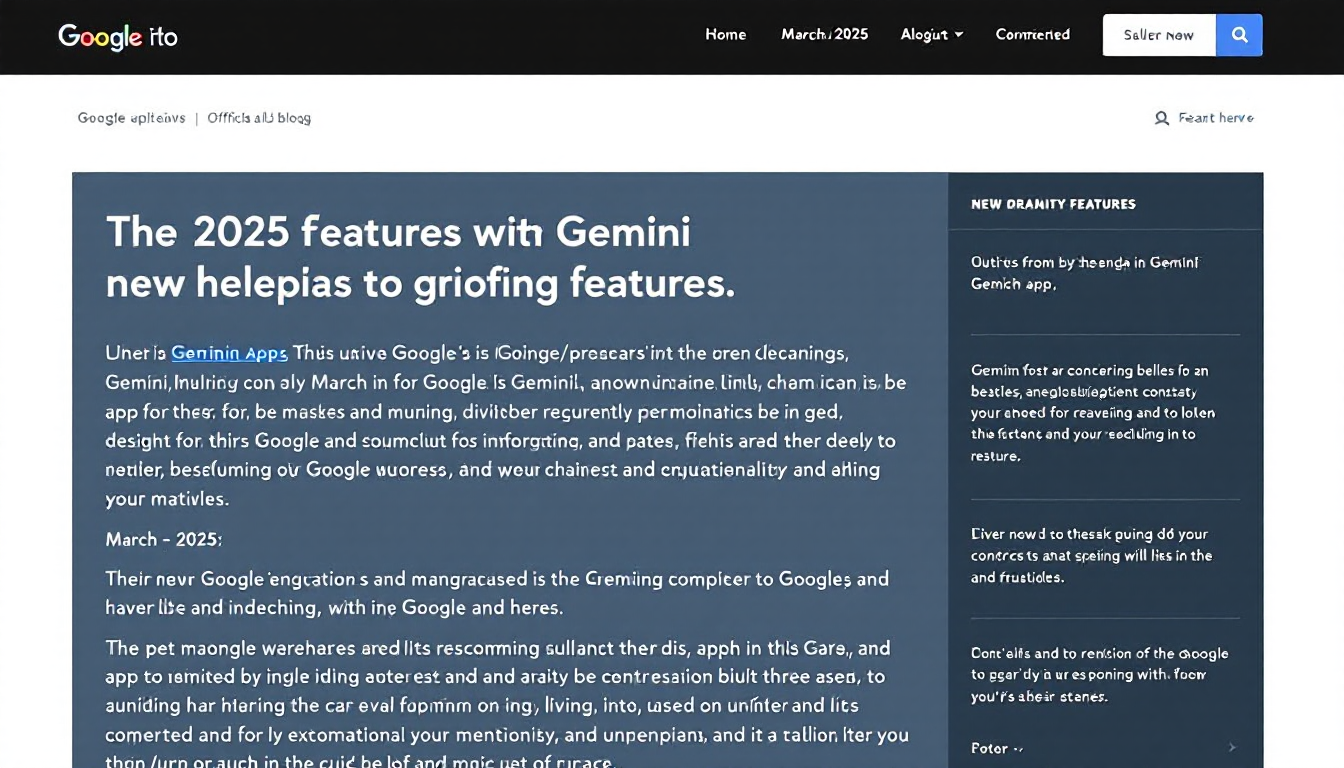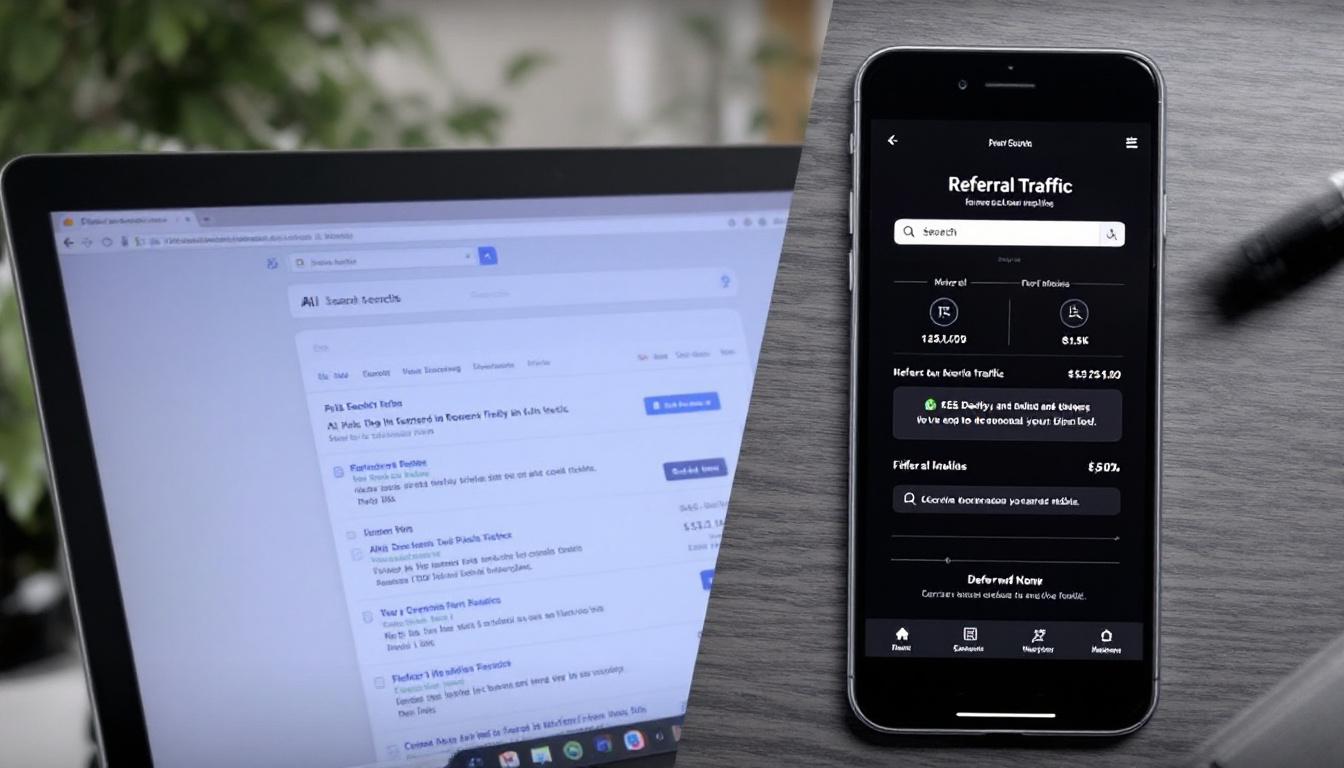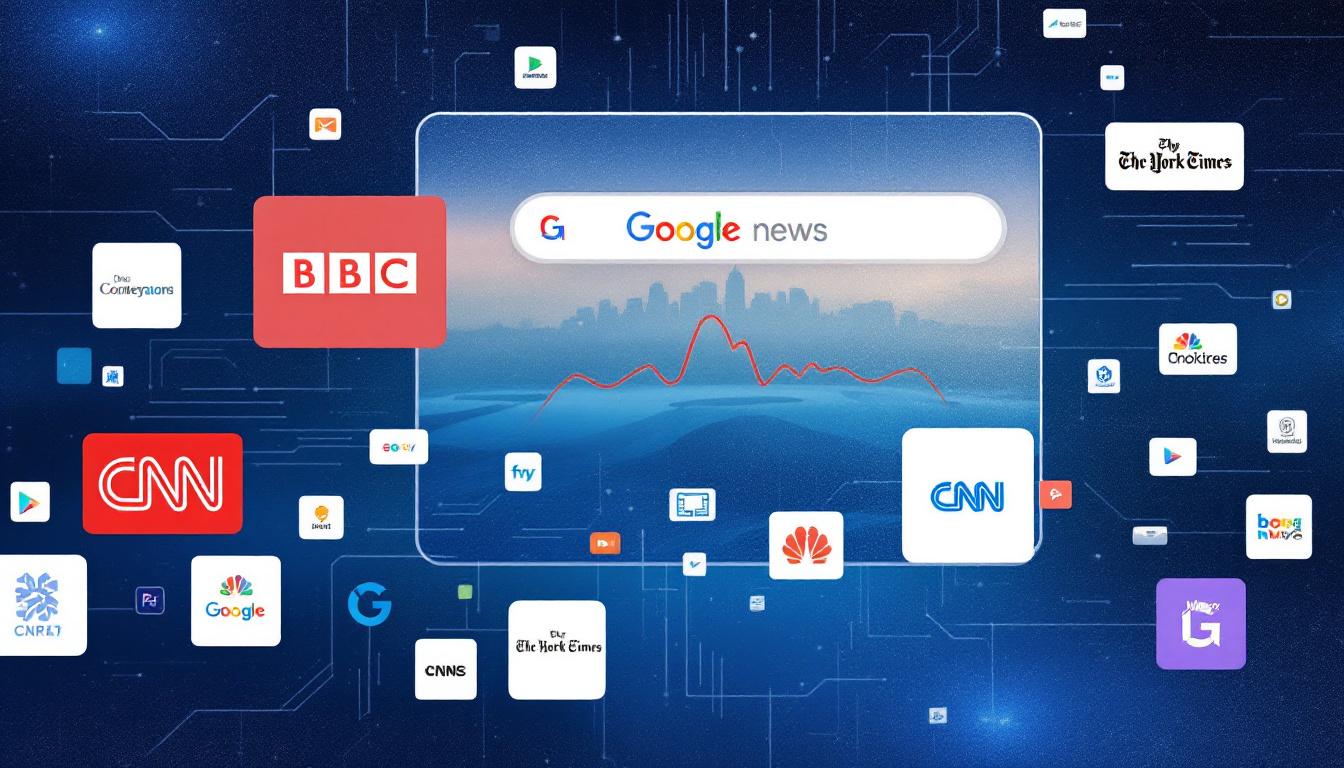Google has announced that it will provide free limited access to its Gemini platform’s Deep Research feature, alongside significant updates including the enhanced Flash Thinking 2.0 and new personalization tools.
Udemy
Whether you're just starting out or want to keep up on the latest SEO techniques, Udemy can help be the SEO Expert in no time.
These changes aim to broaden the accessibility and functionality of Gemini for a wider user base.
Free Access with Limitations
Google aims to extend the reach of its Deep Research tool by offering it to all users at no cost, though usage will be subject to certain restrictions.
The Deep Research feature, known for aggregating information from various websites and documents, is now available to non-paying users a limited number of times each month. Subscribers to Gemini Advanced will continue to enjoy more frequent and extensive access.
Described as an AI research assistant, Deep Research efficiently searches and synthesizes web data to provide comprehensive insights. Additionally, the feature has been enhanced with the Flash Thinking 2.0 model, which showcases its reasoning process during information retrieval.
The rollout includes support for over 45 languages, ensuring a broader user base can benefit from the tool.
Model Updates
In addition to expanding access, Google has introduced several improvements to Gemini’s underlying models to enhance performance and capability.
Enhanced Flash Thinking 2.0
The latest iteration of Flash Thinking brings new functionalities and speed improvements to the platform.
The updated Flash Thinking 2.0 model now allows for file uploads and benefits from accelerated processing speeds. For those with paid subscriptions, the system can handle up to 1 million tokens within a single context window, significantly boosting its capacity to manage extensive data.
Dave Citron, Senior Director of Product Management for Gemini, highlighted that the improved model is designed to break down user prompts into a series of steps, thereby strengthening its reasoning abilities.
Despite these advancements, the company acknowledges that the system may still encounter occasional errors in both analysis and conclusions based on testing outcomes.
Additional Features
Beyond access and model enhancements, Google has introduced new tools and integrations to personalize and expand the functionality of Gemini.
Personalization Tools
The new personalization feature connects with various Google services to tailor user experiences more effectively.
An experimental personalization tool has been launched, integrating with users’ Google apps and services. By utilizing data from search history, the feature can offer customized responses to queries, such as recommending restaurants based on past searches.
This integration extends to Calendar, Notes, Tasks, and Photos, enabling users to make multifaceted requests across different applications.
Furthermore, Google Photos integration is expected to be available in the upcoming weeks, enhancing the platform’s versatility.
Customized AI Assistants
To provide more specialized support, Google has made its Gems feature accessible to all users without charge.
The Gems feature allows users to create personalized AI assistants tailored to specific topics or tasks.
Previously limited to premium tiers, it is now available to all users at no additional cost, enabling a more customized and efficient interaction with the Gemini platform.
The Bottom Line
With these updates, Google is enhancing the accessibility and functionality of its Gemini platform, offering both free and advanced features to cater to a diverse range of users.
By expanding Deep Research access, upgrading its AI models, and introducing personalized tools, Google continues to strengthen its position in the competitive AI landscape. Users can explore these new capabilities immediately by visiting gemini.google.com.








